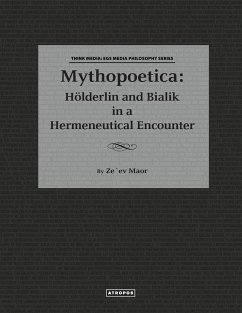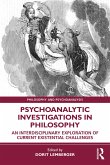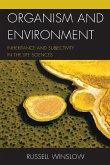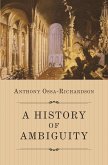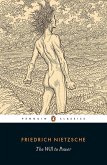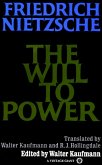Johann Christian Friedrich Hölderlin (1770-1843) and Chaim Nachman Bialik (1873-1934). Both poets, each within his culture, is of canonic stature, and each one's poetry as well as theory, has brought forth a rich field of research and interpretation. This book creates a hermeneutical encounter between the poetries of Hölderlin and Bialik and the interpretational and philosophical discourses orbiting their writing. A 'synoptic' reading is implemented and discloses a reflective similarity at the heart of their ars poetica. The encounter reveals how both poets are reacting similarly to the ongoing crisis at the foundations of modernity; the rift of tradition and the divesting of its myths of their historical authorities. This encounter invites a new reading of the poets' work, one that recognize a poetic (and political) mission that appear to be shared by both. A mission that struggles with the question of myth and its delivery across the shattered authority of its transcendental origin. It is a textual approach, viewing myth as a type of literature, and averting the focus from the question of the myth transcendental validity to the conditions of its im/possible delivery. This 'poetico-political' approach, reveals the illusion of the binary opposition between de-mythologization and re-mythologization. It presents new possibilities which seem vital to our times; to speculate, beyond the insufficient dialectics, about a reconceptualization of a (modern) tradition, and about the transformations of 'myth' into a regenerative element in contemporary culture and politics. 'Myth' as inducing culture pathologies while also enabling cultural renewal at times of crisis.
Hinweis: Dieser Artikel kann nur an eine deutsche Lieferadresse ausgeliefert werden.
Hinweis: Dieser Artikel kann nur an eine deutsche Lieferadresse ausgeliefert werden.

